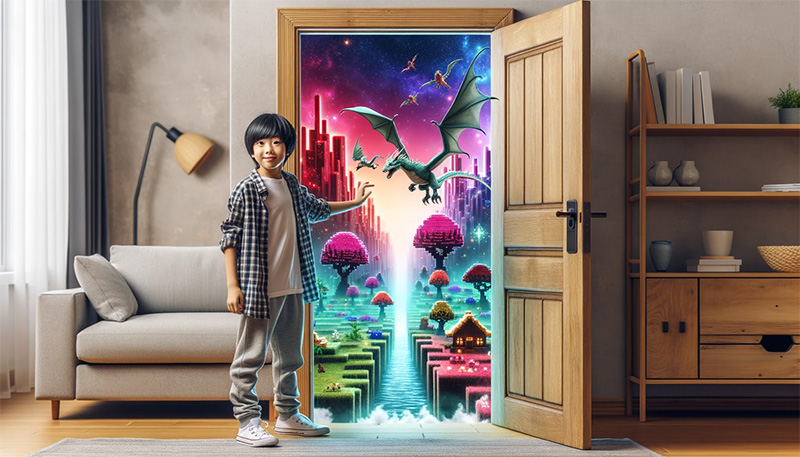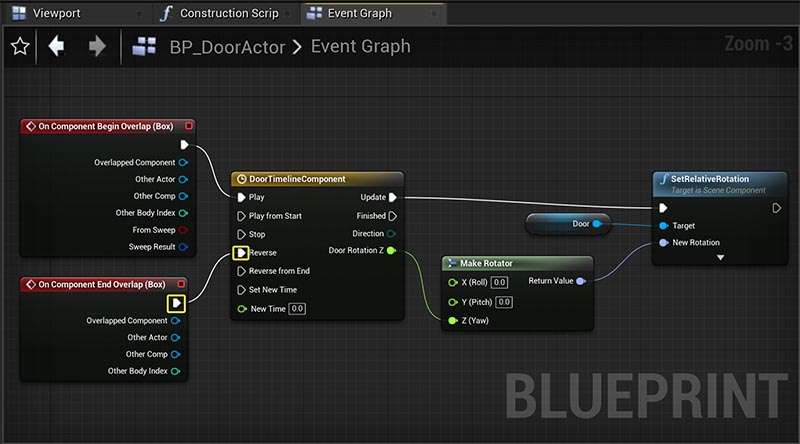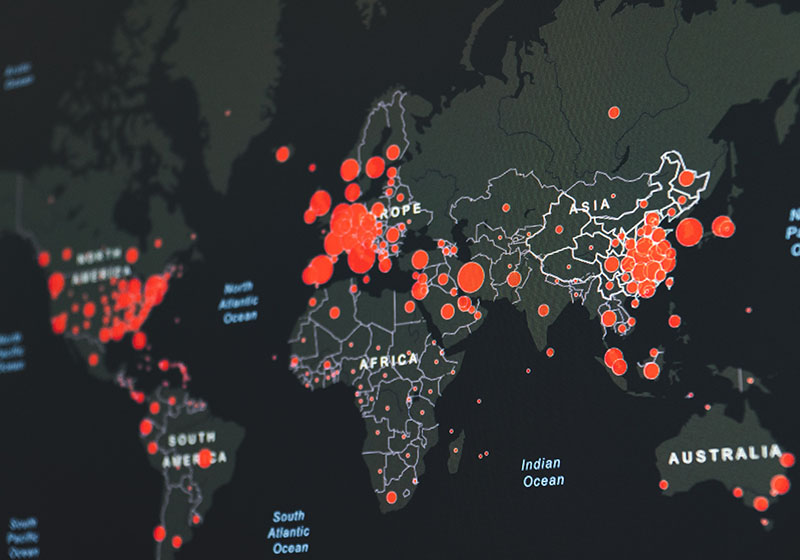Start Your Child in Game Development: A Primer for Parents
If your child loves games and is showing interest in making one, why not help them get started? Learning how to modify existing games, or even make new ones, is a great way for kids to learn fun and useful skills like art, programming, and design.
It’s never too early to start nurturing your child’s talent and curiosity, so let’s look at some of the best online tools and resources for getting started. Then we’ll discuss some tips for helping them along successfully.
Read more »







